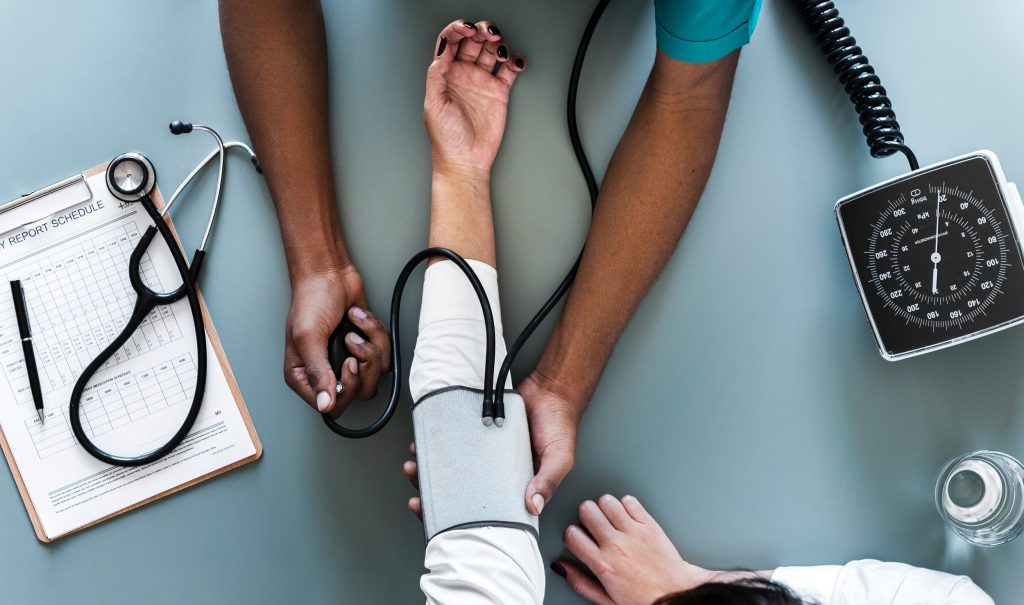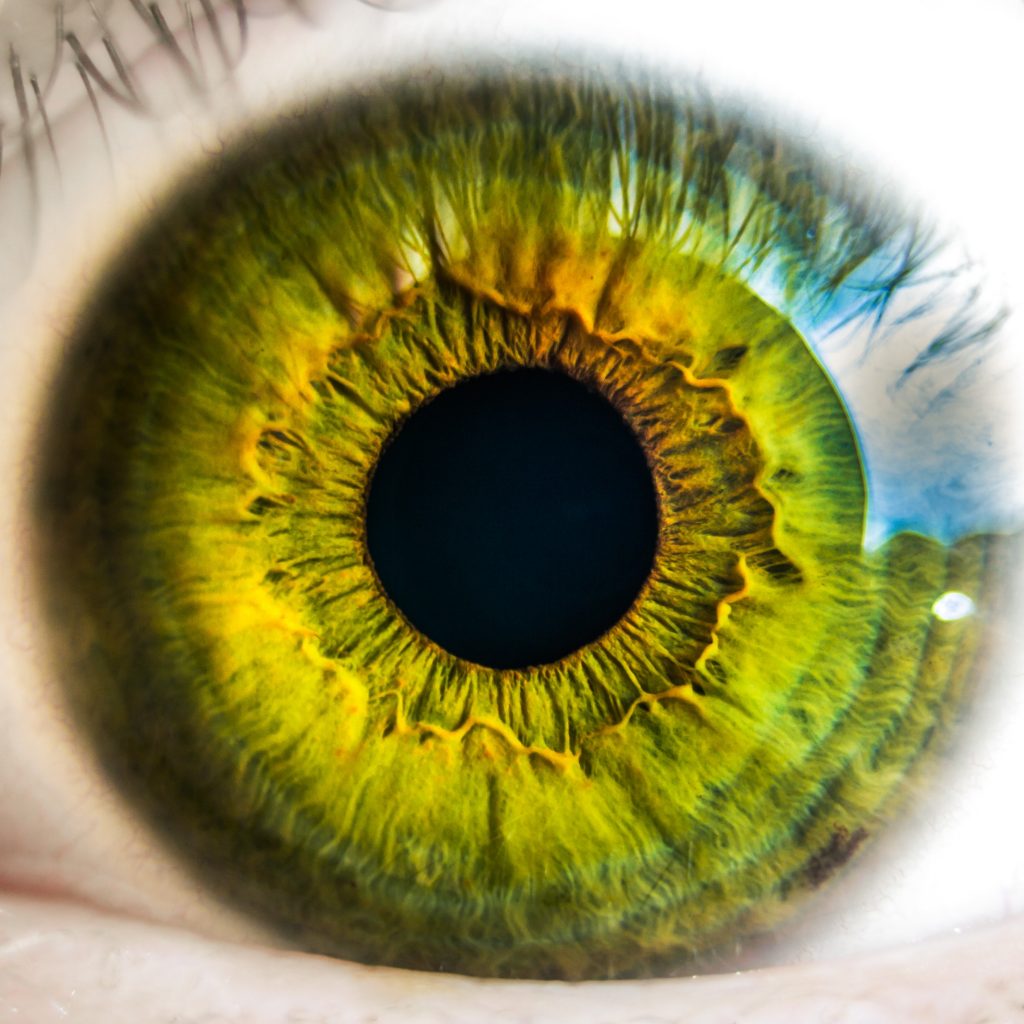One of the most important ways that we can fight the effects of Alzheimer’s and Dementia is early detection. At Cotter House Central Ohio, we are committed to spreading the word that each and ever one of us should be getting tested for Alzheimer’s and Dementia symptoms sooner than we think and prepare you for the various processes to diagnosis.
When You Should Start
Right now! In fact, we recommend getting tested every 3 years in your 40s, every 2 years in your 50s, every year in your 60s, and every 6 months in your 70s. Some more rare forms of Dementia, including Familial Alzheimer’s, can start in your 30s and getting tested can help baseline cognition and monitor cognitive decline over time and then through a brain-healthy lifestyle, symptoms can be staved off and, in some cases, mitigated.
Talk to Your Doctor

The first thing you should do for early detection is to talk to your doctor. Your doctor will go through a series of questions and tests to help determine if you have symptoms of Alzheimer’s and Dementia and what the best course of action would be for you. They will ask questions regarding the symptoms that you or others have noticed as well as their frequency and intensity. Your doctor will also do a physical examination along including lab tests to help rule out other causes of your symptoms including depression, sleep-apnea, and thyroid problems among others.
Neurological Exam
A neurological exam could be ordered to test for various brain disorders that could affect one’s memory and coordination. A neurologist will test various physical components including reflexes and the ability to feel sensations. Along with your symptoms, a neurologist may look for signs of seizures and traumatic brain injury (TBI) to help explain symptoms outside of an Alzheimer’s and Dementia Diagnosis.
It is also possible that a brain imaging study may be ordered by a neurologist to rule out other causes for your symptoms. Magnetic resonance image (MRI) or computed tomography (CT) are standard tests used to help diagnose Alzheimer’s and Dementia, again, by ruling out other causes including strokes, brain tumors, and fluid in the brain.
“Early Diagnosis of Alzheimer’s disease is a huge, unmet need.”
Dr. Sharon Fekrat.
Mental Status Testing
There are two main status exams used by doctors to help identify symptoms of Alzheimer’s and Dementia.
The Mini-Mental State Exam (MMSE) is a series of questions that looks directly at your ability to process information and give correct information. The score given is out of 30 with a score of 20-24 indicating mild dementia, 13-20 indicating moderate dementia, and score of 12 or lower indicating severe dementia.
The Mini-Cog is a test with two parts. First the doctor will ask you to remember three random words for recall a few minutes later. Second, the doctor will ask you to draw the face of a clock and show a specific time.
These two tests look at your executive functioning, a set of skills that is increasingly affected by the deterioration caused by Alzheimer’s and Dementia. These skills include attention, organization, understanding different points of view, regulation of emotions, and self-monitoring.
Cognivue
Cognivue is an incredible computerized test that can help detect risk factors. You can do this with your doctor or you can come out to our facility every Wednesday from 11am-1pm for a free memory screening with Cognivue. If you would like to learn more, check out our blog!

New Methods
Every day, we are learning more and more about Alzheimer’s and Dementia, and there is a new study that suggests the possibility of detecting these diseases with a simple eye exam. Researchers at the Duke Eye Center have found that the blood vessels in the eyes of patients with Alzheimer’s are noticeably different than those of healthy people. This is noted by less activity in those blood vessels in the eye. This would mean a less invasive form of testing and could even be a simple test that you get every time you go to the eye doctor.
“Early Diagnosis of Alzheimer’s disease is a huge, unmet need,” says senior author, Dr. Sharon Fekrat. We couldn’t have said it better ourselves. As you may have noticed, a lot of the diagnosis for Alzheimer’s and Dementia is finding symptoms and ruling out other causes. With this study, we have an opportunity to truly screen for these diseases and help those before the progression of the symptoms become worse.
Early detection is one of the most important principles in keeping ourselves healthy and or brains strong as we age. We want everyone to talk to their doctor about getting tested and find more information in our blog about lowering your risk for Alzheimer’s and Dementia!
